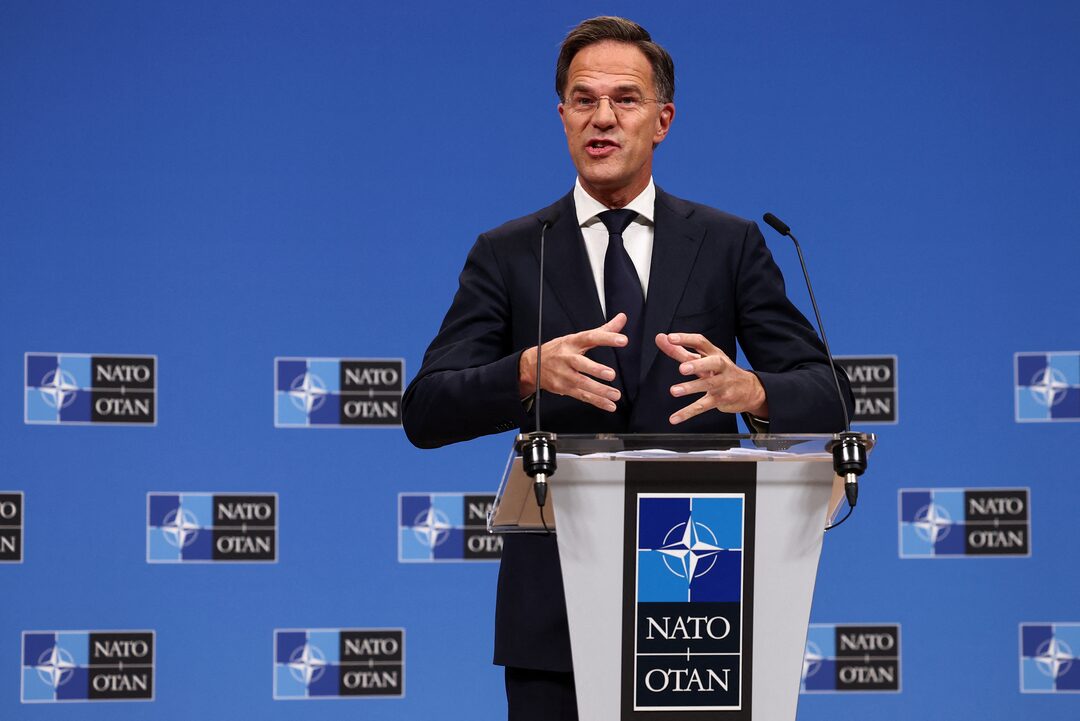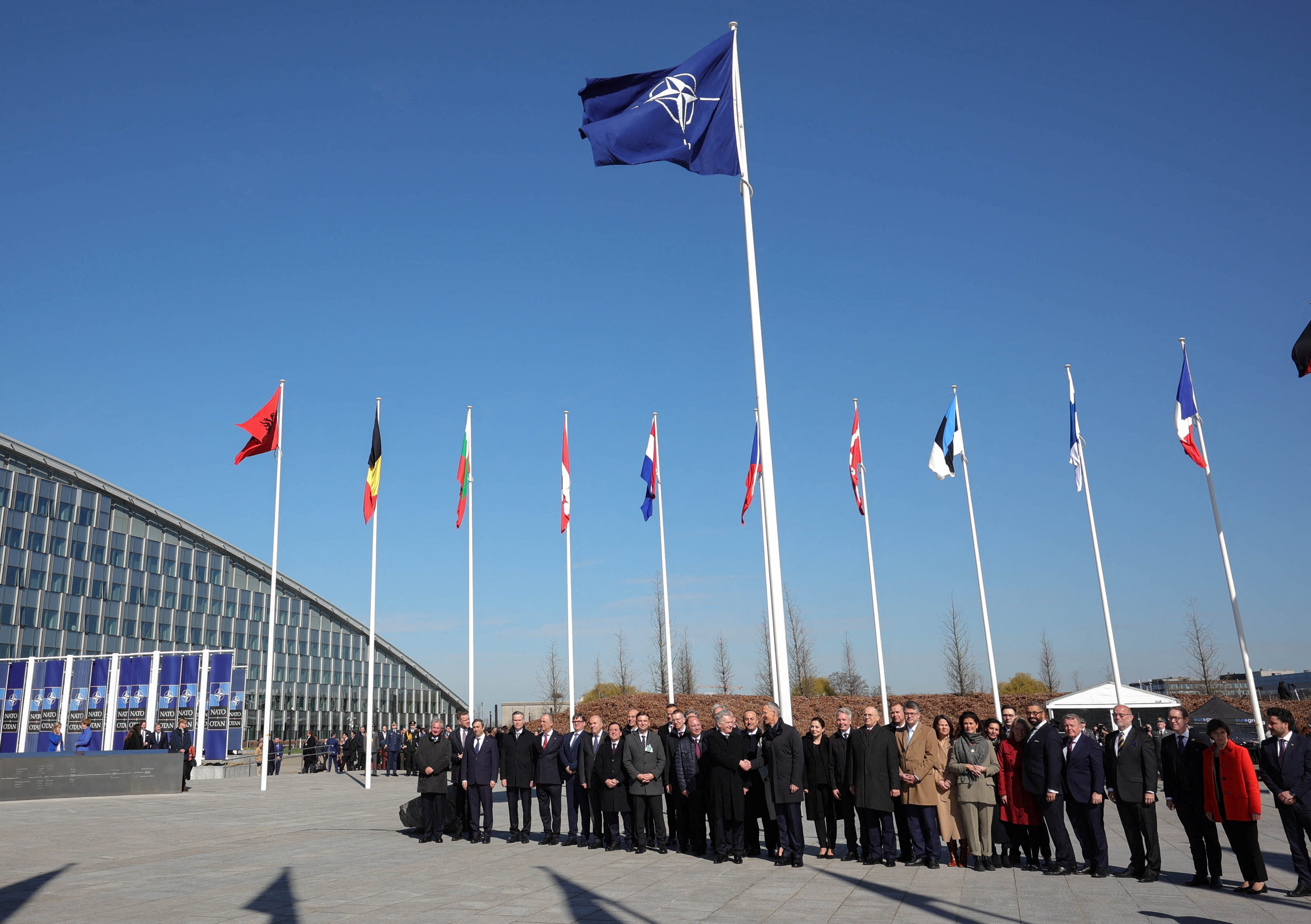The specter of Donald Trump"s influence looms large over NATO as the alliance braces for a perilous future. The recent summit revealed a staggering requirement for member nations to increase their defense spending to an alarming 5% of GDP by 2035, a demand that echoes Trump"s longstanding skepticism of the alliance.
Trump’s Financial Leverage on NATO
For decades, the United States has been the linchpin of NATO, providing the military backbone and nuclear deterrent that underpins the alliance"s very existence. However, as reported by BBC, Trump has consistently framed NATO as a financial burden, leading to a dramatic shift in the expectations placed upon European allies. During his presidency, Trump"s rhetoric centered around the notion that the U.S. was unfairly shouldering the defense costs while European nations lagged behind in their commitments.
Mark Rutte’s Role as NATO Secretary General
Enter Mark Rutte, the newly minted NATO Secretary General, who is now tasked with navigating this turbulent landscape. Rutte, who previously served as the Prime Minister of the Netherlands, has embraced a conciliatory approach towards Trump, even as the United States appears increasingly unreliable. His recent comments during the summit, where he jokingly referred to Trump as a “daddy” figure to Middle Eastern nations, illustrate a troubling willingness to appease the former president"s whims.
The Shift in Military Dynamics
This shift in military spending is not trivial; according to The Washington Post, many nations will have to double their defense budgets to meet the new target. This not only strains national budgets but also diverts necessary resources from social programs, education, and healthcare. As Europe increases its military expenditures, the question arises: at what cost to the welfare of its citizens?

NATO"s Rutte aware of Ukraine "victory plan," discussing next ...
Implications for Global Security
The ramifications of this new spending requirement are profound. With Russia"s expansionist ambitions in Eastern Europe, NATO"s collective defense strategy appears to be in a state of crisis. As reported by World Population Review, NATO has expanded to include countries like Finland and Sweden, yet the reliance on U.S. military might has made member nations uneasy. The notion that the American commitment to European security could waver adds a layer of uncertainty that undermines the very foundation of NATO.
Trump’s Influence on International Relations
Trump"s actions and rhetoric have not just reshaped NATO; they have also altered perceptions of U.S. reliability as a global leader. The decision to halt weapons shipments to Ukraine, as reported shortly after my conversation with Rutte, sends a chilling message to Europe and beyond. By positioning the U.S. as a potentially disengaged partner, the alliance faces an existential threat that could embolden adversaries like Putin.
The Future of NATO and U.S. Foreign Policy
As NATO gears up for this new chapter, the stakes could not be higher. The push for increased military spending raises concerns about escalating arms races and the prioritization of military might over diplomatic solutions. The alliance"s focus must not solely be on military preparedness but also on fostering diplomatic initiatives that could de-escalate tensions with Russia and other adversaries.
The future of NATO and its relationship with the United States hinges not only on military expenditures but also on the evolving dynamics of international relations in an increasingly multipolar world. As we look towards 2035, the question remains whether NATO can adapt to the changing landscape without losing sight of its foundational principles of collective security and mutual aid among member nations.

Explainer: What"s on the table for NATO at Vilnius summit? | Reuters



![[Video] Gunfire between Iraqi security forces and Sadr militias in Baghdad](/_next/image?url=%2Fapi%2Fimage%2Fthumbnails%2Fthumbnail-1768343508874-4redb-thumbnail.jpg&w=3840&q=75)
